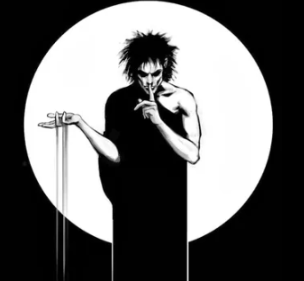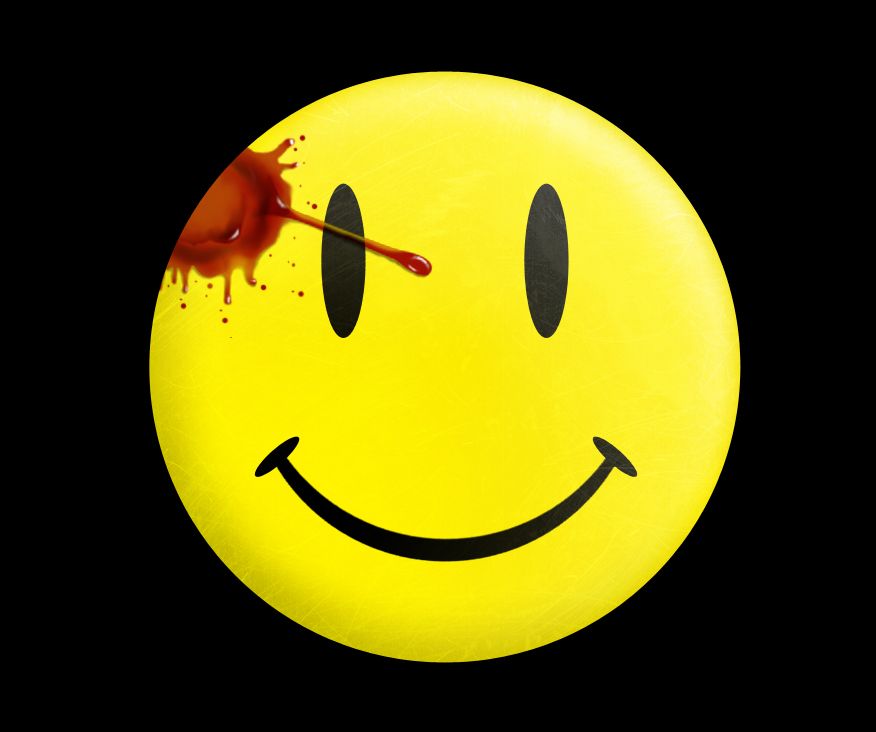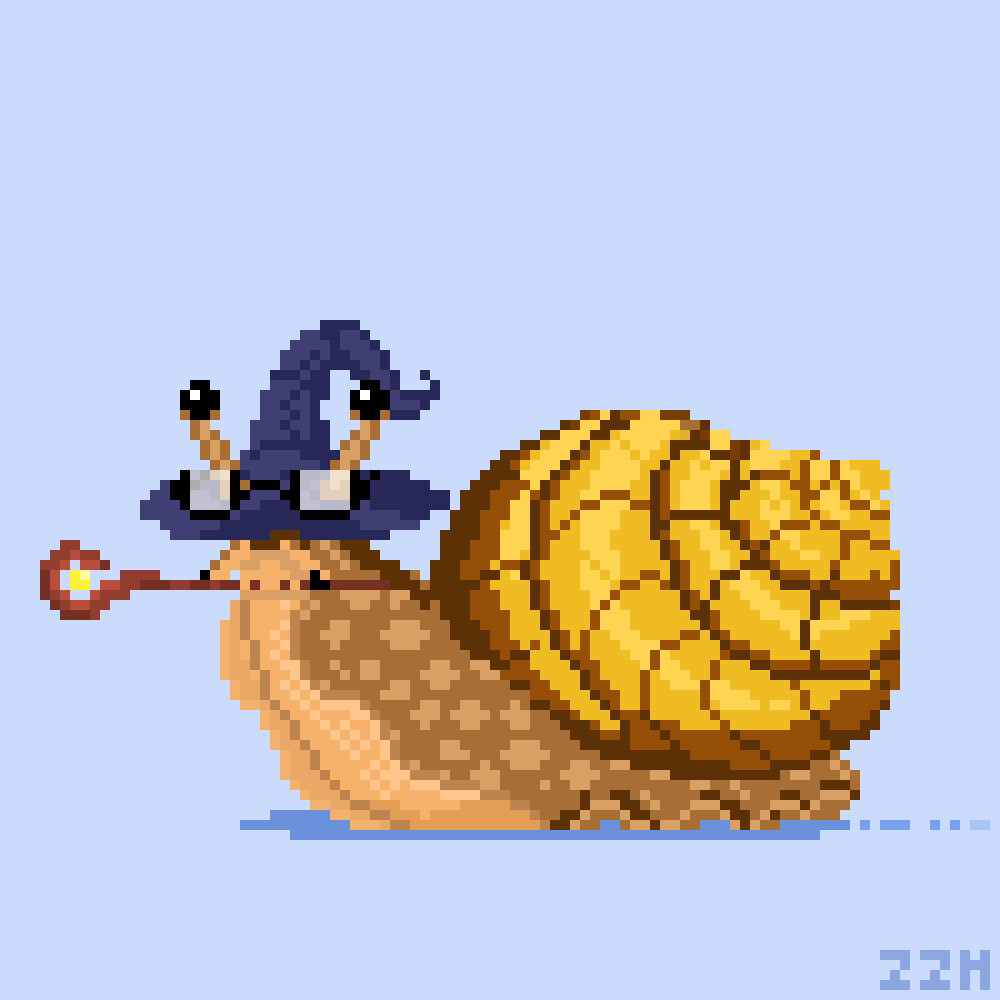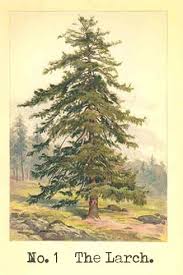What book is currently on your nightstand? How do you like it? Would you recommend it to others?
Just started Gene Wolfe’s The Shadow of the Torturer after seeing some good reviews about his Book of the New Sun series, going in blind though and it’s pretty slow so far. Let me know if you liked it and think I should keep going
I like to fancy myself an appreciator of good writing, but man, Gene Wolfe just didn’t quite do it for me. Felt pretty ponderous and self-important, like a Ralph Bakshi animated film meets Frank Herbert meets J.D. Salinger meets the Old Testament, and it was all just too much. I think Wolfe had ambition and intention and was a stylist in a genre that doesn’t often reward stylists, but it was all just just… off somehow, and left me feeling yucky. I finished The Shadow of the Torturer and had no desire to deal with Severian or his world ever again.
It’s definitely weird, but I did enjoy reading it. I feel like it would make more sense if I read it again, but at the same time, I’m not sure I really enjoyed it enough to read it all again.
I loved it, but it is definitely very weird and kinda slow sometimes. I’d say you should keep going!
I definitely recommend reading the whole series. Agreed that some passages are slow or just obscure due to the style, but I found it quite enriching. I think this is one of these where the whole is greater than the sum of its parts, though.
For We Are Many: Bobiverse Book 2
Great series!
Roadside Picnic
The original story that was the inspiration for the S.T.A.L.K.E.R series.
I just finished This is How You Lose the Time War today. It’s a pretty short read, but I think it’s as good as everyone says.
Just finished The Expanse books, and now reading The Wall by Adrian Goldsworthy. It’s absolutely beach-reading sword-&-sandal nonsense, but the author loves his (paper thin) characters and is an Oxford-educated professional historian who writes novels on the side, so it’s fun and the world building and research are impeccable.
Technically I am also still wading through In the Name of the Rose. Gotta get back to that one and wrap it up. I’m fond of ol’ William, but my bandwidth to understand and allegorize the intramural politics of late-medieval monastic orders is limited.
Oye Bosmang!
I read Leviathan’s Wake last year and it was really good. They really undersold Fred Johnson in the TV show, he’s a badass. I’ve only read about half of Calaban’s War and then set it down for some reason or another, and never went back to it. I should really finish that while I’m waiting on my Libby holds to be released.
They’re really good, but while I may be influenced by having seen the show first, I think it’s one of the best adaptations I’ve ever seen, especially given the offscreen drama with budget, network, cancellation, and some unfortunate awfulness from one of the cast members.
Some characters are slightly better in the show, some in the books, but I’ve rarely seen a show nail the tone and spirit of the source material like The Expanse did, but that said, there’s so much more space to live in the characters’ heads and soak up their world in a book, that’s it’s absolutely worth it to go back and pick them up, and they’re easy to start and stop, I’d say.
If you enjoy novels written by historians, try Essex Dogs by Dan Jones. I just finished it last week and absolutely loved it. I’m itching for the sequel to come out, it’s a long wait until October for me now.
I’m still working my way through The Social Distance Between Us by Darren McGarvey. I mainly read at work, so maybe only 30 minutes a day, but I’m slowly getting through it.
I also just finished reading through George RR Martin’s A World of Ice and Fire.
I’m just starting Brandon Sanderson’s The Frugal Wizard’s Handbook for Surviving Medieval England. Not far enough in to speak on how I like this book specifically, but Sanderson is one of my favorite authors, so I anticipate that it will be a good time.
The hardcovers for the larger Secret Project kickstarter collection of which this book is a part have also been absolutely gorgeous so far, for those here who, like me, are as excited about the design of a book as they are about reading it. There are so many beautiful full-page illustration inserts and little flourishes. The attention to detail is just lovely.
Dragon’s Egg from Robert L. Forward. I heard about it on the fediverse, and I am really glad I did. It’s a hard sci-fi book about the interactions between humanity and a highly intelligent alien species that lives on a neutron star with 67Billion Gees.
I loved it! Haven’t seen many people talk about it outside of whatever initial recommendation list I had heard it from. I really enjoyed the mix of hard sci-fi and socio-political commentary. Really reminiscent of Heinlein’s best in that aspect, from what I recall.
Just a note for OP, June is the sixth month, and you wrote 7 in the title xD
As far as what I’m reading, I’m starting ‘Noble Roots’, by Drew Hayes, one of my favorite authors. The book is part of an RPG-lit series that it’s really fun and interesting. I’m not quite sure of where it’s going, but I’m enjoying the ride so far. The first book is called ‘NPCs’.
I sure did, whoops! It was past my bed time when I started the thread. Fixed.
Translation State by Ann Leckie, and I’m enjoying it quite a bit. It’s a standalone novel set in the Imperial Radch universe, and I would absolutely recommend it.
I finished it a couple of days ago and I was very pleased. Ann Leckie expanded the universe in a really effective way. It also has a lot of heart, which I love.
I’m almost finished with my re-read of Deaths End, the last book of the Rememberence of Earth’s Past series. It’s just as good as the first time I read through! The Three Body Problem, book one, got kind of popular a bit ago. It’s great sci-fi, with a writing style I’ve never encountered before.
Death’s End is on my reading list! I recently finished the Dark Forest, and the way it ended felt like a fitting end to the series. I’m curious how Death’s End manages to extend the story. Did you also know that Netflix is making an adaptation of the Three Body Problem?
Yes! I had heard it was in the works. I don’t really follow Netflix announcements though so I know next to nothing about it
omg I loved 3BP, Death’s End left me in a trance for days afterward.
I just added ‘Three Body Problem’ to my Libby hold waitlist. Thanks for this series, never heard of it before.
Just finished Terry Pratchett’s Discworld Book 1 “The Colour of Magic” which I freakin’ loved, and now I’m about halfway through John Sandford’s “The Investigator” which takes up the story of Letty Davenport, Lucas’ adopted daughter. It’s a good read and hard to put down.
Neurodharma: New Science, Ancient Wisdom by Rick Hanson (a little dry, but interesting in small doses)
Can’t Spell Treason Without Tea by Rebecca Thorne (cozy fantasy, low stakes)
Seasonal Fears by Seanan McGuire (2nd book in a duology, compelling characters)
Sapiens: A Brief History of Humankind by Yuval Noah Harari (Also a little dry, but the audiobook format makes it easy to consume while doing other things)

lol, I love your username.
I started reading Planet X. Is a Star Trek x X-Men crossover novel.
I’m reading Moby Dick and i kind of hate it. The narrator switches at unusual points and the story is paused more often than not so that the author can go on long winded digressions about random things tangentially related to whaling. The only point in it’s favor is that the prose is very pretty.
Some might suggest Moby Dick is, umm, not really about whaling.
It’s also 170 years old and was a commercial failure even then, so you’re not really alone.
Yes, the metaphor is impossible to miss and the story itself is actually enjoyable.
On the other hand, did we need a 60 page digression on the color white? What about on how whales are taxinomically classified? About how whales are cleaned/gutted? About how whaling is a noble profession fit for kings?
The list goes on.
As someone who has never read it, what exactly is it thought to really be about?
You gotta treat Melville as an experience rather than looking at his works as discrete stories. He was a master at conveying experiential prose.
Those tangents are where he really shines. The whaling parts are the fluff.













